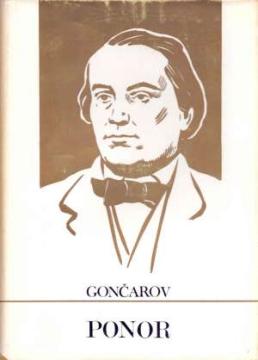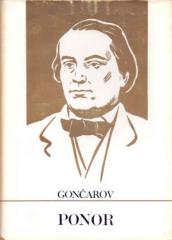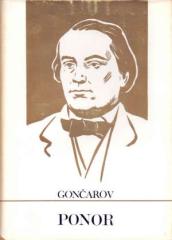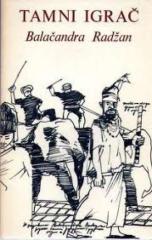
Ponor, sv. 1 – 2
This two-volume novel follows the life of the main character, a young officer, through various events and challenges.
Goncharov Ivan Aleksandrovich, Russian novelist (Simbirsk, 18. VI. 1812 – St. Petersburg, 27. IX. 1891). He completed his studies in literature at the University of Moscow in 1834. He held several positions in the civil service. Participated in the expedition of Admiral E. V. Putjatin on the military frigate, with which he traveled around the world from England, through Africa, China to Japan, returning by land via Siberia (travel book Frigate »Pallada«, 1855–57). Since 1856, censor, editor of the official newspaper. As a pensioner, he was engaged in literary criticism. In the novels Obična povijest (Obyknovennaja istorija, 1847), Oblomov (1859), Ponor (Obryv, 1869), he paid attention to characters as bearers of certain social aspirations. She is a representative of civic activism, opposed to aristocratic (romantic) ideals, but also to "nihilism" in the 1860s (Mark Volohov in Ponor). Although he sometimes poeticized female characters, he is a consistent realist, especially in the description of characters and their appearance and social motives. Due to the symbolic dimension of his characters, D. S. Merezhkovski considered him a forerunner of Russian symbolism. The character of the "superfluous man" of Oblomov, the gifted owner of "Oblomovka" - an estate that brings him income, and left to his servant Zahar, has become a symbol. In Oblomov, Russian criticism in the 1860s saw an accusation of parasitism and apathy of the Russian "Ladanian" nobility (N. A. Dobrolyubov, What is Oblomov?), but the later social development of Russia only confirmed that Oblomov is in fact the "eternal type" of world literature.
The book consists of two volumes.
Jedan višetomni primjerak je u ponudi.

- The cover is missing






